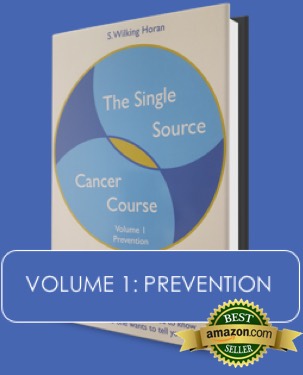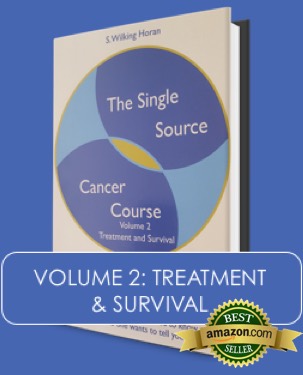 Hello everyone! As we move into the holidays, let’s begin November by reminding ourselves that this is Prostate Cancer Awareness Month. Of course, we devoted October to female readers and breast cancer, which is the second most common cancer among women. On the other side of the aisle, however, we have prostate cancer, which is the second most common cancer among men.
Hello everyone! As we move into the holidays, let’s begin November by reminding ourselves that this is Prostate Cancer Awareness Month. Of course, we devoted October to female readers and breast cancer, which is the second most common cancer among women. On the other side of the aisle, however, we have prostate cancer, which is the second most common cancer among men.
Now, this is a disease with which one out of every seven men in the United States will be diagnosed during their lifetime. And while prostate cancer is serious, most men diagnosed with the disease recover and survive. The most important thing to remember, however, is that successful treatment and survival are dependent upon early detection.
So, let’s just review a few basic facts regarding this disease. Briefly, in a nut shell, so to speak.
THE FOUR BASIC RISK FACTORS:
1) Family History: Men with a first degree relative (father, brother, son) who has been diagnosed with prostate cancer before the age of sixty is twice as likely to develop the disease than other men.
2) Ethnicity: African American men are more likely to develop prostate cancer. Also, compared to their Caucasian male counterparts, prostate cancer in African American men is more than twice as likely to be terminal.
3) Age: More than sixty-five percent of all prostate cancers are diagnosed in men over the age of sixty-five. As men become older, their risk for the disease increases.
4) Lifestyle: As with most cancers, poor diet and inadequate exercise greatly contribute to one’s risk for developing prostate cancer.
THE FOUR BASIC SYMPTOMS:
1) Blood in the semen or urine.
2) Urinary issues, including frequency or urgency – OR – slow flow or hesitancy.
3) Painful ejaculation.
4) Reduced ability to achieve an erection.
———————————————————————————————————
So gentlemen – please acknowledge the above risk factors – and understand fully your personal risk. Remember, any or all of the above symptoms also are common to many different health conditions and do not necessarily signify cancer. It’s vital, therefore, to contact your physician immediately with any questions or concerns you may have. Because early detection is the key to successful treatment for any illness or disease. Don’t be afraid – be informed! And, don’t be surprised – be prepared!
TAKE THE COURSE AND TAKE CHARGE!
Image courtesy of David Castillo Dominici at freedigitalphotos.net



Leave a Comment